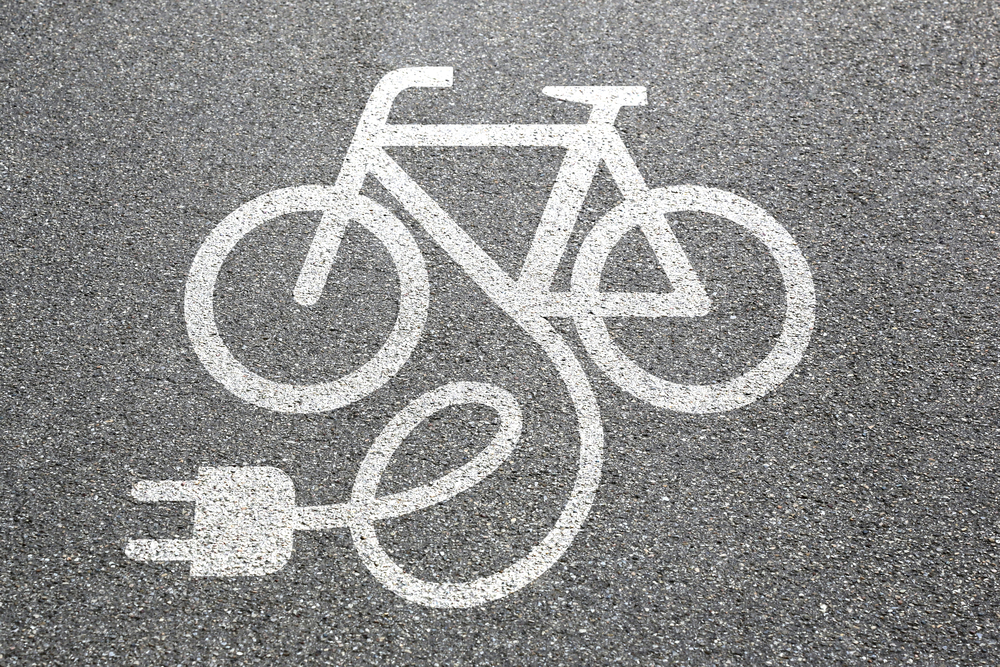The Connecticut Electric Bicycle (E-bike) Incentive Program, initiated by the Department of Energy and Environmental Protection (DEEP) on June 28, saw only two percent of rebate vouchers directed to the state’s most financially challenged individuals.
The E-bike program was enacted under the Connecticut Clean Air Act Public Act 22-25 in 2022. The legislation expanded the Connecticut Hydrogen and Electric Automobile Purchase Rebate (CHEAPR) incentive program to encompass E-bikes. Previously focused on providing incentives for electric vehicles (EVs) with a price tag of up to $50,000, the CHEAPR program now extends its incentives to eligible E-bikes up to $3,000.
According to a June 28 press release, DEEP Commissioner Katie Dykes said, “As one of the first state-wide E-bike incentive programs in the country, we will be providing additional electrified transportation options for those who may not be able to afford a car, let alone an electric vehicle.”
Out of the 239 vouchers redeemed, only five were utilized by individuals who met income qualifications of having a household income below 300% of the Federal Poverty Level Meanwhile, 42 vouchers were distributed to participants in state or federal income qualifying programs such as Medicaid, and the remaining 192 were redeemed by individuals residing in Environmental Justice (EJ) or Distressed Municipalities.
Individuals who cashed in vouchers with a maximum value of $1,500 hailed from EJ or distressed communities, such as West Hartford, Stamford, Farmington, Manchester and New Haven — the latter accounting for the highest number of vouchers at 19.
Meanwhile, all five residents who met the income criteria and received vouchers up to $1,500 came from Burlington, Clinton, South Windsor and Southington.
A total of 468 vouchers have been officially approved but have yet to be redeemed, and these have not been factored into DEEP’s overall count. Recipients have 90 days to use their vouchers and as of Sept. 1, the total funds redeemed amount to $350,000 — out of the $500,000 budgeted.
Due to the high demand for government-funded bicycles — over 6,000 applications were submitted — DEEP has decided to boost funding to a total of $750,000.
The E-bike subsidy is essentially a reward for bike consumers who were already planning to make the purchase, and in many cases, could comfortably afford it without the credit.
It’s worth acknowledging that the E-bike market is thriving. In fact, it’s experiencing significant growth. In 2021, E-bikes surpassed both electric and hybrid vehicles in sales, as reported by the Light Electric Vehicle Association. The U.S. E-bike market grew to $847.5 million last year and according to estimates from IMARC Group, it is projected to grow to $1.6 billion by 2028, signifying an impressive 12 percent growth rate.

